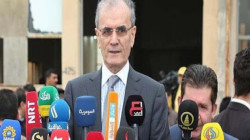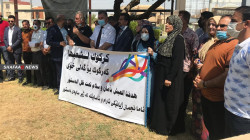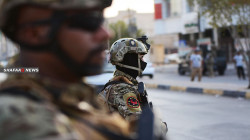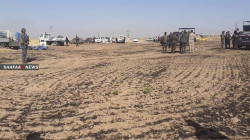Kurdish tribes warn of the "Arabization" of Kurdish lands in Kirkuk
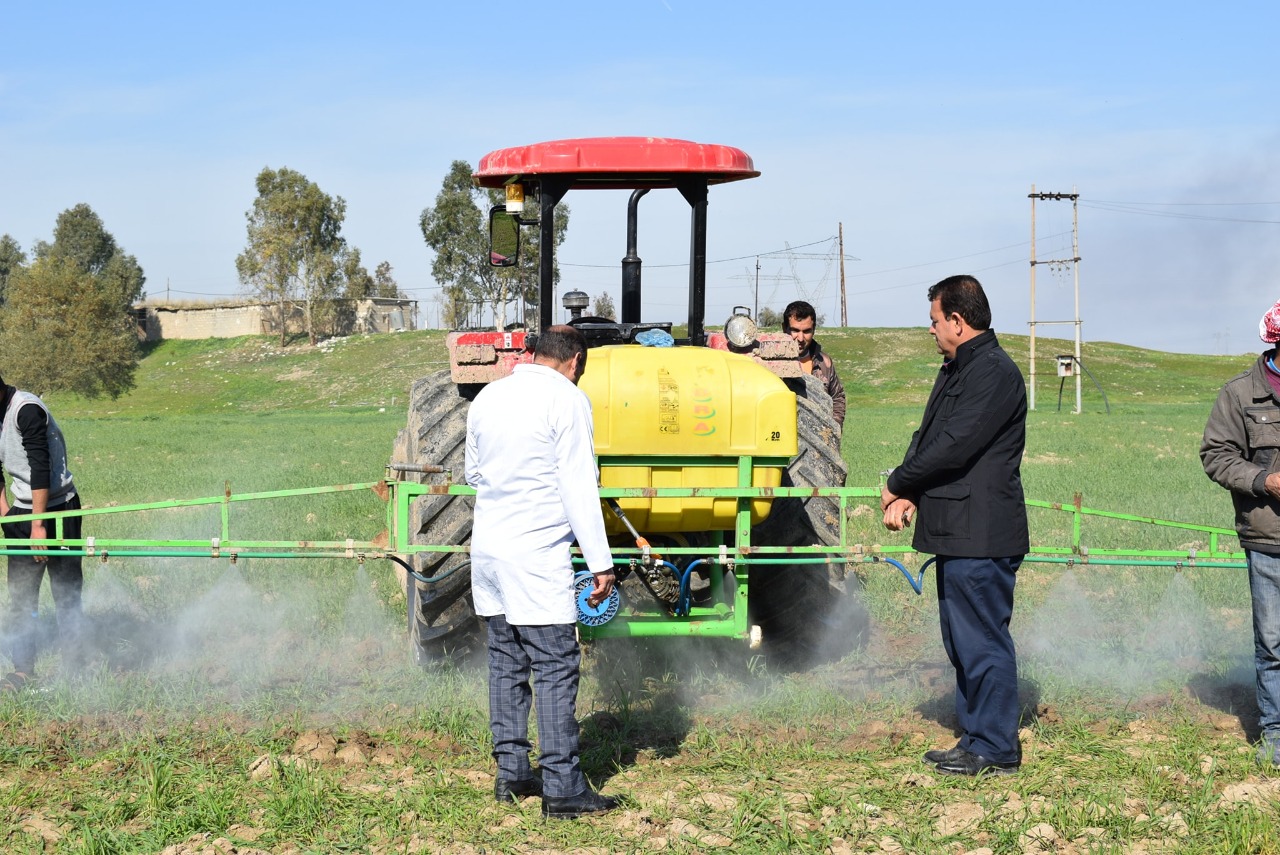
Shafaq News / Kurdish tribes in the outskirts of Kirkuk warned of the usurpation of their agricultural lands for electoral reasons.
A member of the Patriotic Union of Kurdistan, Hassan Muhammad Ahmad, told Shafaq News agency, "the commander of the 20th regiment of the Fifth Division of the Federal Police is practicing demographic Arabization for lands belonging to Kurdish tribes in the southwest of the Daquq district of Kirkuk Governorate, although the lands are official and legal properties of four Kurdish tribes since 1972".
Ahmed said that the lands were inhabited and owned, since 1972, by "Al-bu Najm, Janklawa, Al-bu Seraj Daouda and Zand Bani Ezz" tribes by title deeds according to Article 117 of 1970 on ownership. However, the former regime stole, in 1974, stole the lands from the Kurds for demographic considerations that adopts the Arabization policy. Kurdish tribes regained their properties in 2003, under official contracts that extend for varying periods of up to 17-20 years.
Ahmed added that the Kurdish tribes have coexisted with Arab tribes southwest of Daquq for decades and have strong social intermarriage relations despite all circumstances. However, parties he did not name are practicing new plans to expel the Kurds from their lands and bring "Arab expatriates", who usurped the lands of the Kurds by the orders of the former regime, to seize on the lands for electoral purposes, stressing that these campaigns are led by Arab political parties.
He explained, "the expatriate Arabs who seized Kurdish lands for the period from 1974 to 2003 received +20 million dinar financial compensation per Article 140 of the Iraqi constitution and returned to their regions. Some Political parties are trying to bring back the demographic usurpation scenario and bully Kurdish tribes".
The Kurdish official revealed that the order of the 20th Regiment of the Fifth Division - Federal Police returned more than 100 Arab families to seize more than 6,500 dunums of the Kurdish tribal lands and the expatriates began plowing the Kurdish lands. Upon the objection of one of the Kurdish tribes' elders to this illegal act, the commander of the regiment insulted and assaulted him in front of everyone's eyes, which could ignite an uncontrollable national strife and hostility.
Ahmed called on the Iraqi government and the relevant authorities to intervene and preserve the property of the Kurds from usurpation and restore the rights to its people.
The former Iraqi regime adopted demographic Arabization and expulsion policies against the Kurdish component since the seventies of the past century extended and until its fall. In fact, many private property lawsuits to resolve property and ownership of lands in Kirkuk are yet to be resolved due to political and sectarian influences and electoral interests.
